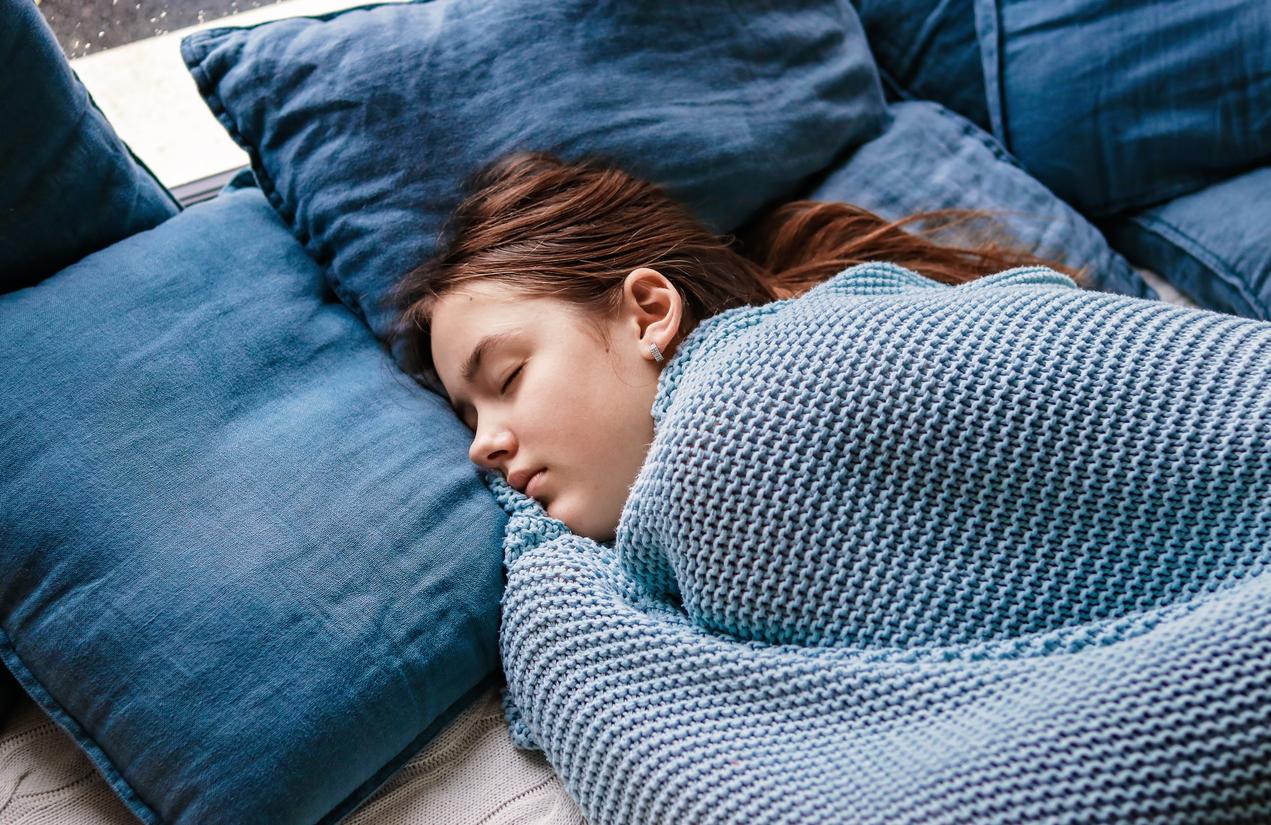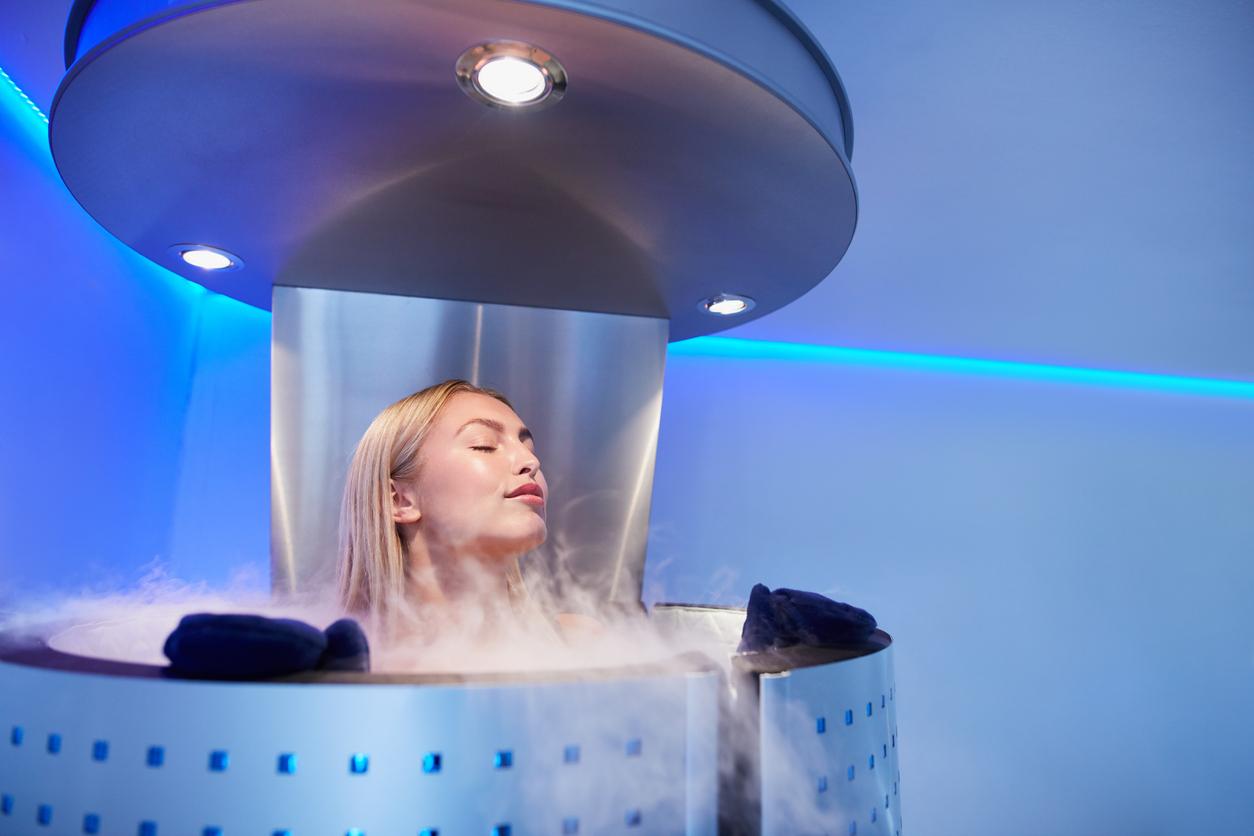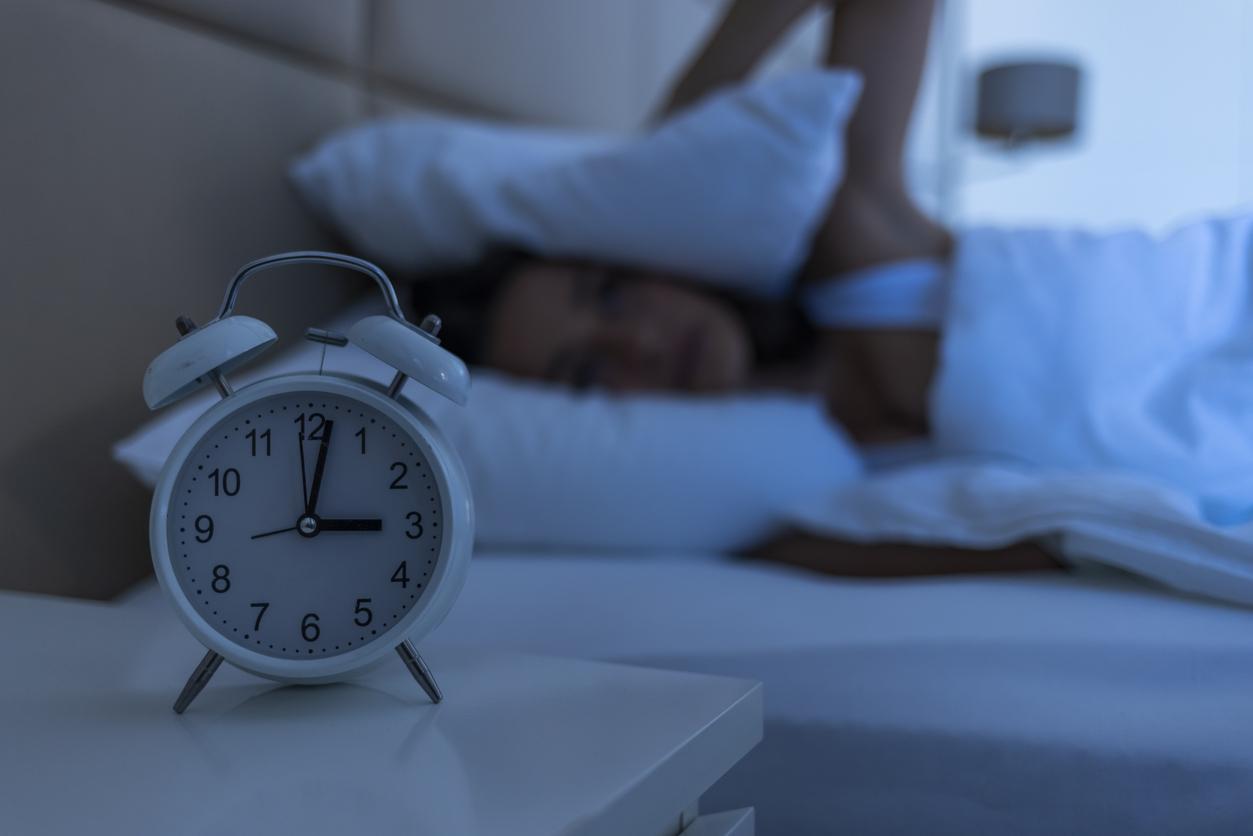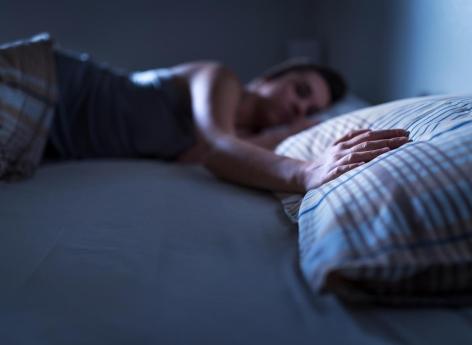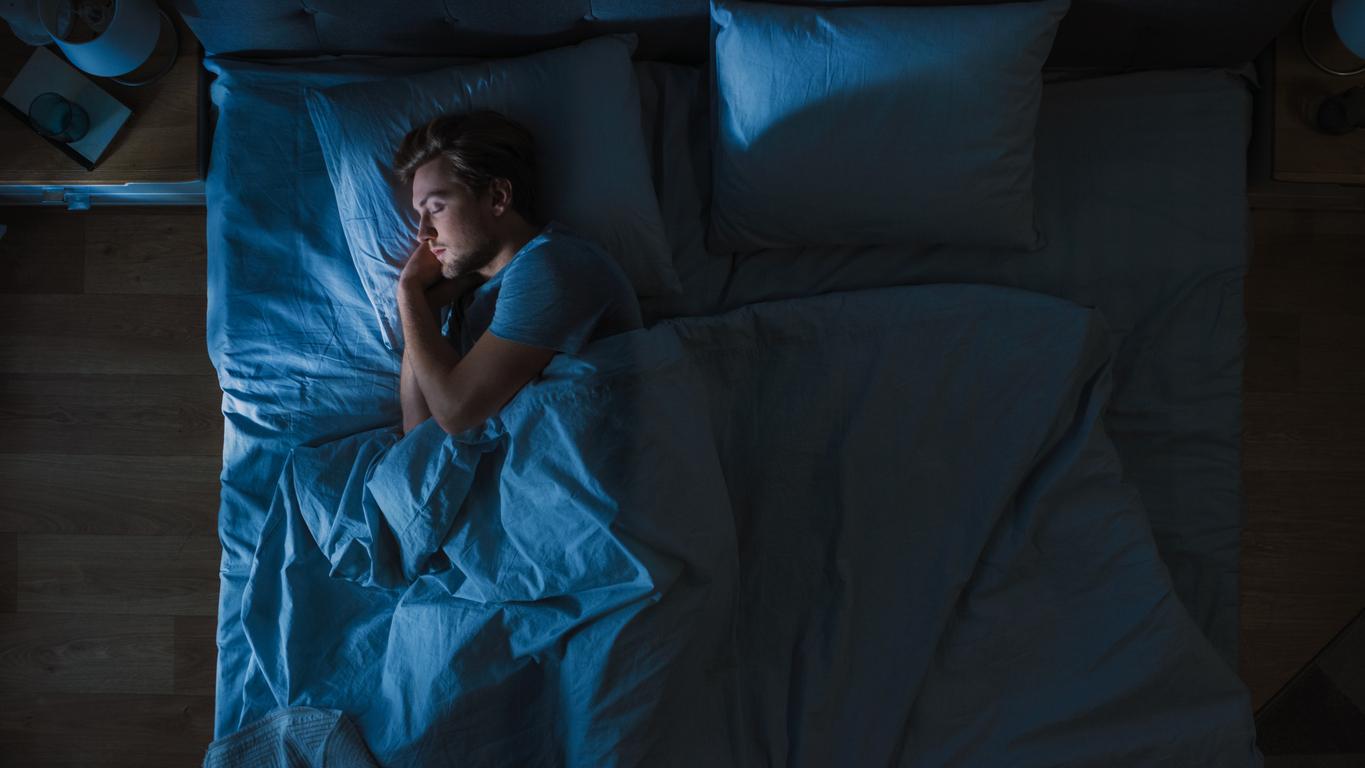People over the age of 65 sleep better if they live in an environment close to nature.
Researchers from the University of Illinois (USA) and those from the New York University School of Medicine used medical data from the “Behavioral Risk Factor Surveillance System”, a monitoring tool implemented by the Center for Disease Control and Prevention (CDC). They questioned 255,171 adults to understand if there was a link between quality of sleep and environment, in particular access to a green space close to home. They also used a tool that measures the level of sunshine and the temperature of the participants’ surroundings. The majority of people reported having trouble sleeping during the study for at least a week.
The study’s findings showed that people who reported 21 to 29 days of sleep deprivation had less ease of access to green space than those who had trouble sleeping for a week of poor sleep. The researchers also observed that exposure to green space was much higher for men than for women.
“Previous studies show that lack of sleep is associated with a decline in mental and physical health, reduced cognitive functions and increased obesity. This new study proves that exposure to a natural environment can help people get the sleep they need,” said Diana Grisby-Toussaint, a professor of kinesiology and community health and a member of the division of nutritional sciences at the University of Illinois at Chicago ( United States).
This study confirms the conclusions of a study by researchers from the University of Chicago (USA) published in the medical journal Nature. They observed that having trees in our neighborhood would benefit well-being and health and reduce the risk of chronic diseases such as obesity, diabetes and cardiovascular disease.
Read also:
Unusual: discovery of a sleep gene thanks to flies
Sleep positions: what they say about you…
Infographic: everything you need to know about sleep










